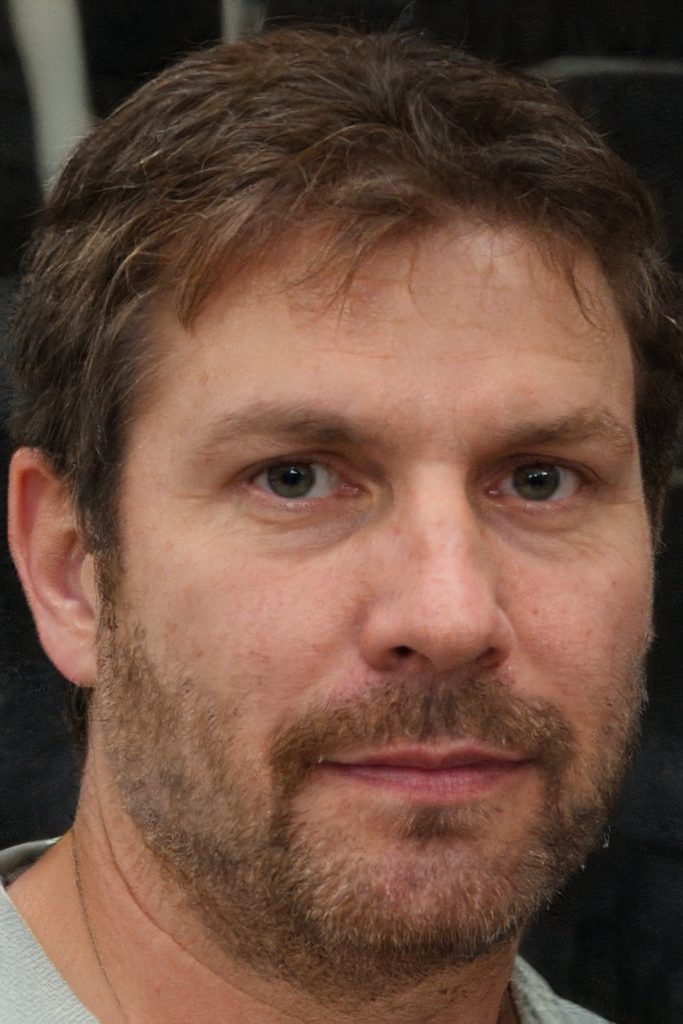Teaching In The ‘Metaverse’? Roblox Looks To Make It A Reality
In an effort to increase its presence in K-12 schools, Roblox, a gaming company, recently announced a new fund of $10 million. This fund aims to support the development of online educational experiences that utilize the unique features of Roblox’s platform, allowing users to play, explore, and socialize in a constantly evolving virtual world. Rebecca Kantar, the head of education at Roblox and the director of the Roblox Community Fund, expressed the company’s readiness to reward developers and organizations that can harness Roblox’s physics, immersive 3-D capabilities, and multiplayer experiences to create more impactful teaching methods.
Founded in 2004, Roblox is now valued at an estimated $70 billion or more, thanks to its rapidly growing user base, particularly among children. With over 47 million daily active users, nearly half of whom are under the age of 13, the company has gained popularity by providing a virtual environment where players can connect and interact through various experiences, ranging from pet care to online fashion shows. These experiences are not created by Roblox employees, but by a network of independent developers who earn money based on user engagement and in-game purchases.
Roblox’s popularity stems from the ability for users to create personalized digital avatars that remain consistent across the Roblox universe, enabling them to explore a multitude of shared virtual spaces. This unique functionality positions the company as a pioneer in the creation of the "metaverse," an immersive online world, which leaders in Silicon Valley such as Mark Zuckerberg envision as the future of the internet. Roblox intends to play a significant role in the development of the metaverse and regards expansion into classroom education as a key strategy to achieve this goal. During a November conference, Kantar stated that the company aims to reach 100 million students worldwide by the end of the decade.
While Roblox’s ambitions in education are commendable, penetrating the K-12 market is not guaranteed. Previous online worlds that were popular among consumers, like Second Life, failed to gain traction among educators. Similarly, virtual reality gear like the Oculus Rift, which promised immersive virtual experiences for students, has not fully materialized. Nevertheless, there are optimistic voices within the education industry who believe that Roblox can drive the necessary investment to make education in the metaverse a reality. Chris Curran, the founder of Tyton Partners, an investment banking and strategy consulting firm that advises education companies, applauds Roblox’s leadership and foresees more capital flowing into this space.
Currently, Roblox has a limited presence in public education. While about 7 million users engage in Roblox’s "learn and explore" experiences each month, these experiences are typically not aligned with academic standards or utilized by schools. Only a handful of out-of-school computer science education programs utilize Roblox Studio, the company’s development environment, to teach children how to code their own video games. Some teachers, like Ashlee Vice of the Cyber Academy of South Carolina, have incorporated Roblox into their class projects. Vice allowed her 4th graders to use the platform to build virtual theme parks, enhancing their understanding of angles and math concepts. It is this kind of experimentation that excites Kantar and highlights the potential of Roblox in the education sector.
Roblox has selected Filament Games, a video game developer, and nonprofit organization FIRST Robotics for its first round of grants. Together, they will collaborate on creating an online robotics learning experience and virtual competitions. Additionally, the Museum of Science in Boston will receive funding to develop a Roblox experience that allows students to plan a virtual mission to Mars. According to Curran of Tyton Partners, this partnership model will play a significant role in the success of Roblox’s efforts and the broader goal of immersive virtual STEM education. Although companies like Facebook/Meta, Microsoft, and Intel have invested billions of dollars in metaverse development, the absence of high-quality educational content has hindered progress. Curran emphasizes that a crucial component currently lacking is a comprehensive curriculum.
However, concerns surrounding scammers, predators, and commercialization pose challenges to Roblox’s potential as an educational platform. While the platform has gained immense popularity by enabling independent developers to compete for users’ attention, it is uncertain whether this model can deliver rigorous learning experiences. Moreover, Roblox’s business model relies on users spending money to upgrade avatars and unlock virtual goods, which contradicts the regulations governing data privacy and commercial appeals in public schools. The company has also faced criticism for facilitating online contact between adults and children, as well as scams related to its in-game currency, Robux. Periodically, concerns regarding cybersecurity and data privacy practices have arisen.
Roblox officials claim to be addressing these issues through filtering and monitoring, teaching digital citizenship, and implementing other strategies. However, as the company attempts to resolve its vulnerabilities, it is simultaneously seeking to expand. For schools, upcoming changes include new audio technology to enhance virtual collaboration and a "Classroom Mode" to assist teachers in managing students during specific learning experiences. While these advancements might suggest a commitment to gradual growth and meeting schools’ needs, the intensifying competition for control of the metaverse may lead the company to prioritize a grander vision.
According to Kantar, Roblox Education aims to create a self-sustaining ecosystem in which educational organizations constantly develop and release new content within the metaverse. The company anticipates that this growth will be organic, with everyone participating in teaching and learning within Roblox.


